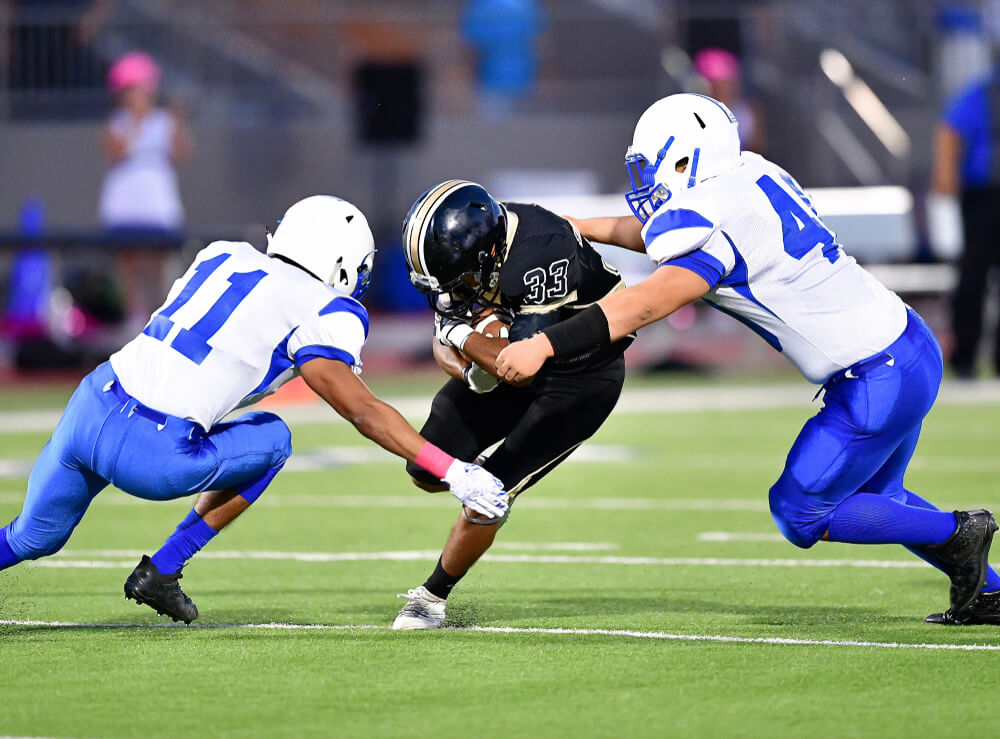- April 20, 2019
- Brain Injury
- Personal Injury
 Football has always been a rough, high-contact sport, but that doesn’t mean the players deserve to suffer brutal, lifelong injuries. Although football has been associated with concussions and traumatic brain injuries for years, it’s only recently that we’ve begun to see the link between football and lasting brain trauma. As a result, more people are speaking out against the NCAA, or the National Collegiate Athletic Association for failing to protect athletes from serious brain injuries.
Football has always been a rough, high-contact sport, but that doesn’t mean the players deserve to suffer brutal, lifelong injuries. Although football has been associated with concussions and traumatic brain injuries for years, it’s only recently that we’ve begun to see the link between football and lasting brain trauma. As a result, more people are speaking out against the NCAA, or the National Collegiate Athletic Association for failing to protect athletes from serious brain injuries.The History of NCAA & Brain Injuries
Over the years, the NCAA has faced several lawsuits due to their continued decision to prioritize profit and image over the safety of their athletes. Several coaches and assistant coaches have encouraged injured players to get back on the field, even though the symptoms of a major head injury are clear. As a result, long-term football players often suffer from various types of long-term brain damage.
Football & Traumatic Brain Injuries
Research by the Boston University Center for the Study of Traumatic Encephalopathy revealed that 79% of all autopsied brains of former football players, and 96% of autopsied brains of former NFL players showed evidence of Chronic Traumatic Encephalopathy (CTE). This condition, CTE, is a degenerative disease that often causes depression, anxiety, problems with judgment, reasoning, impulse control, and aggression.
Other brain injuries associated with football players include:
- Early-onset dementia
- Alzheimer’s Disease
- Lou Gehrig’s Disease (ALS)
Know Your Rights
If you suffered a brain injury while playing football under the NCAA, make sure you know your rights. The NCAA has a responsibility to its players, and if they knowingly endanger the men who play football, they could be liable for the resulting damage.
You may have a case if you sustained a major injury while playing football under the NCAA. Even if you did not sustain a singularly traumatic injury, ongoing and repeat injuries can also build up and cause lasting damage. If you experience unexplained mood swings, depression, difficulty with decisiveness and problem solving, frequent dizziness, or if you have been diagnosed with Alzheimer’s or another degenerative disease, you may have a case.
To discuss your case with our lawyers at Goodman Acker P.C.and ask about a free consultation.

